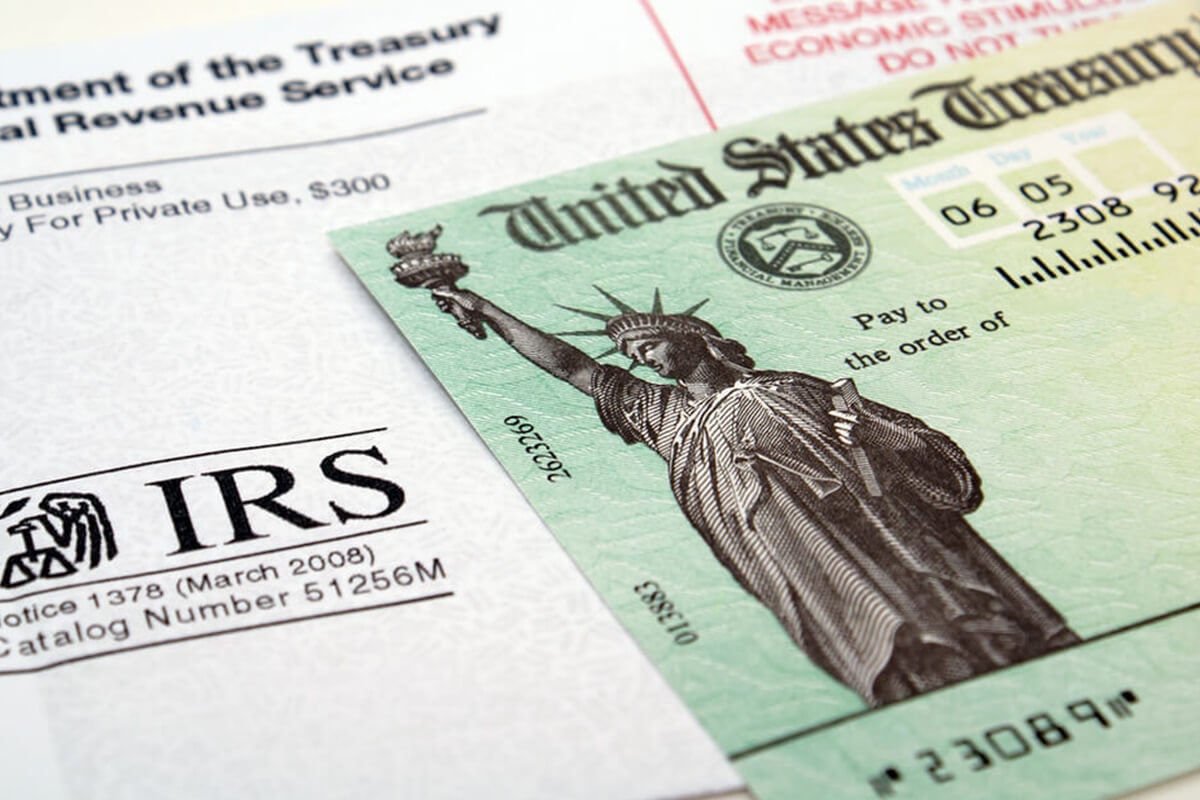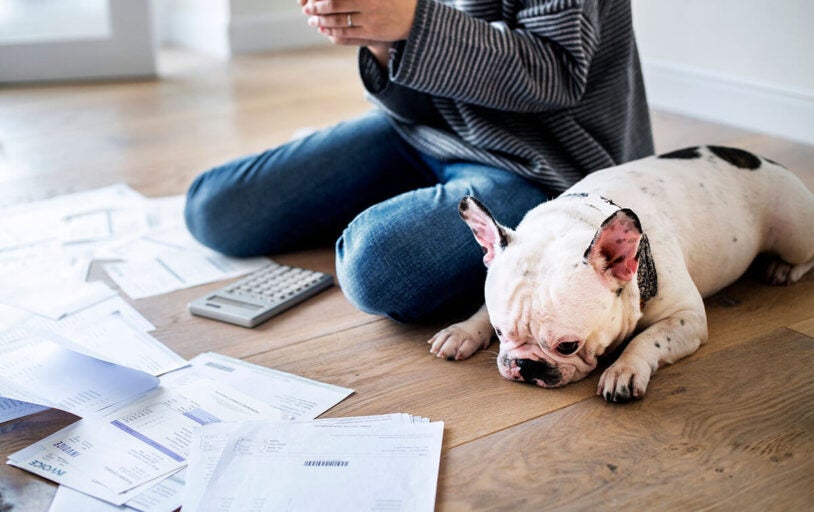
Smart Ways to Spend Your Stimulus Payment
3/26/2021

Have you received your COVID-19 stimulus payment, or are you expecting it soon? How are you going to spend it? It’s tempting to think about all of the ways you could spend an extra $1,400 or more – depending on your filing status and the number of dependents you claim. Before you get that list finalized, here are some options on what to do with it depending on your unique financial situation.
1. PAY BILLS
If you need the money to cover your day-to-day expenses, deciding what to do with it is a no-brainer. If you’ve been behind on your rent or can’t afford groceries or other essential items, of course, start there.
2. PAY DOWN CREDIT CARD DEBT
If you don’t need your stimulus check to cover bills due now, use it to lighten your load moving ahead. Most credit cards charge high-interest rates and are the most challenging type of debt to pay off. A $1,400 credit card payment is an excellent way to take a chunk out of what you owe.
- Put any disposable income—like this stimulus check—toward your credit card balance. Reducing debt helps even if you can’t pay it all off because it reduces your minimum payment or lets you become debt-free sooner.
- With the average credit card interest rate around 17%, consider transferring your balance(s) to a low-rate card, such as our Platinum Classic Mastercard. With one of the lowest credit card rates in the nation, as low as 6% APR1, no annual fee, no balance transfer fee, and no over-limit fee, it’s a great choice to cut down on your total interest.
- A personal loan is another way to consolidate your debt and pay off those credit cards even quicker. You may be able to get a loan with a lower interest rate than your current credit card(s).
3. SAVE. SAVE. SAVE.
Don’t miss an opportunity to pad your savings account with some of your stimulus money. Most of us don’t have the three-to-six-month emergency fund most financial experts recommend. While saving your stimulus check probably isn’t going to be enough to cover several months of living expenses, it could help with some of the most common emergencies, such as a minor car or home repair.
4. SAVE FOR RETIREMENT
If you can pay your bills, have a robust emergency fund, and don’t have any credit card debt, then another smart option is to contribute it to your retirement plan. An extra $1,400 can increase your retirement savings and may even save you money on income taxes.
5. DONATE IT
Have your current bills covered, little or no debt, and ample savings? Then donating it is another excellent choice. Plus, your donation may be tax deductible.
6. SPLURGE
Treat yourself. There’s nothing wrong with using that $1,400 to get something you’d like, assuming you don’t have any pressing needs. Maybe even shop at some of your local businesses to offer support. Remember: the government is hoping these stimulus payments will put some cash flow back into the economy to stimulate it.
While the stimulus payments will certainly help and offer some relief to most, every situation is different, so spend, save, and invest wisely. If you’re looking for ways beyond your stimulus check, to stretch every dollar, please reach out to us. Together, we’ll look for strategies to help. Whether that’s refinancing your vehicle and taking advantage of our 90-days of no payments2 or finding a low-rate personal loan to consolidate debt, we’re here for you.
Disclosures:
1. APR = Annual Percentage Rate. No annual fee and no balance transfer fee. Cash Advance fee = 5.00% per transaction. Late payment fee up to $35. Interest on cash advances will be charged by the member’s standard APR on the balance from the date of transaction. Offer subject to change without notice and may end at any time. All loans subject to credit approval and restrictions may apply. Membership with Arkansas Federal Credit Union is required. As of 4/2/2020, the standard variable APR for the Platinum Classic Mastercard is 6.00% – 18.00%. This rate is variable and subject to change. Full Credit Card Account Agreement and Disclosures.
2. Interest continues to accrue during the deferred payment and credit score determine rate. First payments may be due up to 90 days from the date of the signed contract.
Explore More
-
Read How to Save for a Down Payment on a House 
-
Read Debt Consolidation Options 
Debt Consolidation Options
-
Read Using Personal Loans For Debt Consolidation 
Using Personal Loans For Debt Consolidation

